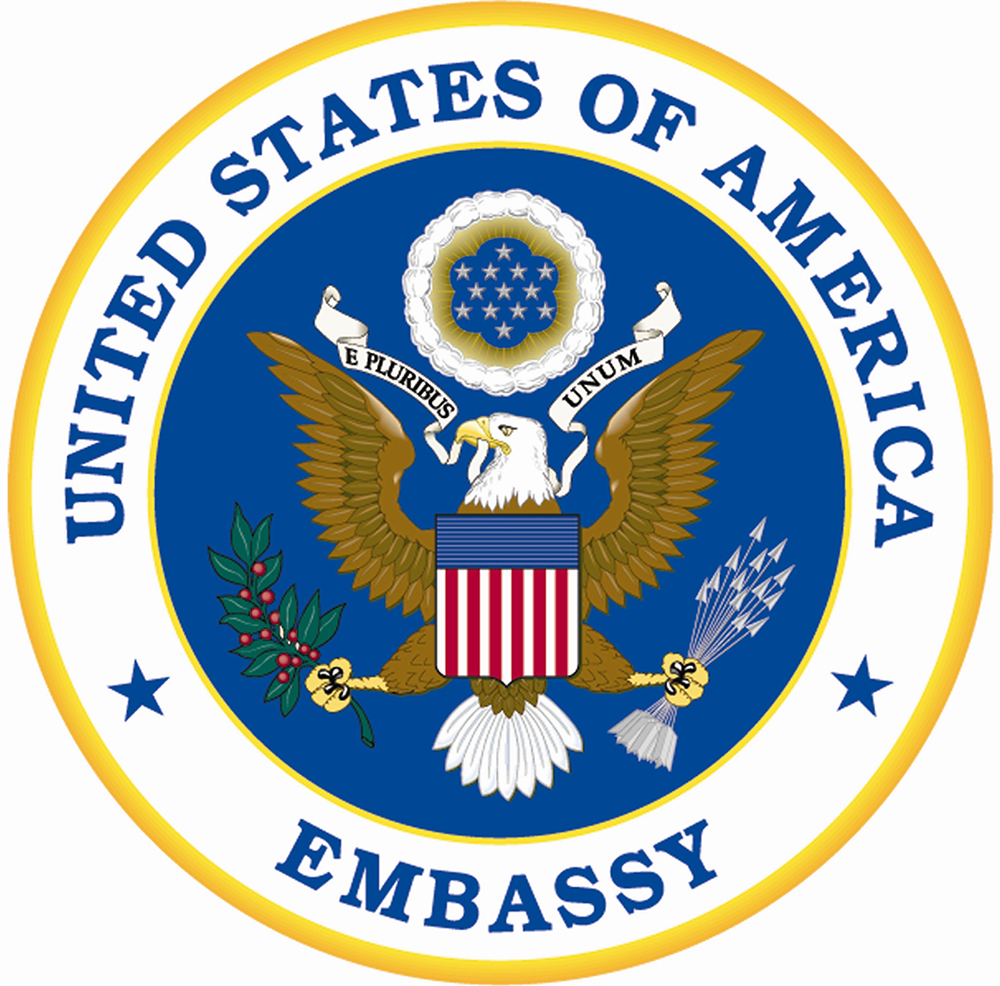Visa applicants sometimes require additional assessment to determine whether they are eligible for a visa. The term “administrative processing” may refer to various additional steps that must be taken to make that determination. In this edition of our Ask-the-Consul, we will answer some common questions about administrative processing.
Q: What is administrative processing and why is it necessary?
There are only two possible outcomes for complete and executed U.S. visa applications. The consular officer will either issue or refuse the visa. If a visa applicant has not established that he or she is eligible for a visa, the consular officer must refuse that application. A consular officer may determine that additional information from sources other than the applicant may help establish an applicant’s eligibility for a visa. In such cases, refused visa applications warrant further administrative processing. Upon completion of the case-specific administrative processing, the consular officer might conclude that an applicant is now qualified for the visa for which he or she applied. Alternatively, the officer may conclude that the applicant remains ineligible for a visa. When administrative processing is required, the consular officer will inform the applicant at the end of the interview.
Q: Do all applicants require this process or only certain nationalities?
Administrative processing is applied to visa applicants on a case-by-case basis and is not limited to applicants from specific countries or nationalities. It is also not limited to applicants of certain ages.
Q: How long will the process take?
When administrative processing is required, the consular officer will inform the applicant at the end of the interview. The duration of the administrative processing will vary based on the individual circumstances of each case. Except in cases of emergency travel (i.e., serious illnesses, injuries, or deaths in your immediate family), before making inquiries about the status of administrative processing, applicants should wait at least 180 days from the date of interview or submission of supplemental documents, whichever is later.
Q: How can applicants check the status of their cases and determine next steps?
Once the administrative processing is completed, applicants will receive notification from the consular section. Visa applicants may also monitor the status of their applications online by using the Visa Status Check at https://ceac.state.gov/ceacstattracker/status.aspx.
Q: Will obtaining the services of an attorney or other third-party help expedite this process?
No. While an attorney or third party may charge you hefty fees to inquire about the status of your case, no third party can influence the administrative process. You may check your case status online, for free, at https://ceac.state.gov/ceacstattracker/status.aspx.
***
“Ask the Consul” is a monthly column from the U.S. Embassy answering questions about U.S. immigration law and visa issues. Detailed information about visas and travel can be viewed at https://gy.usembassy.gov/, https://ais.usvisa-info.com/ and https://travel.state.gov/. Applicants are strongly encouraged to prepare their own documents and avoid third-party advice. U.S. Consular rules change frequently, and non-US government advisors often provide inadequate or inaccurate information. Please contact our Visa Information Service Center on toll free numbers: 1-877-246-6788 or 703-988-5765 if you have general visa questions.”

